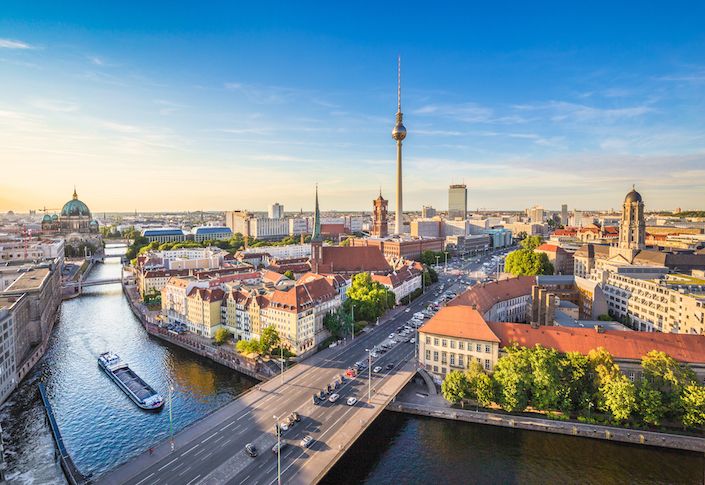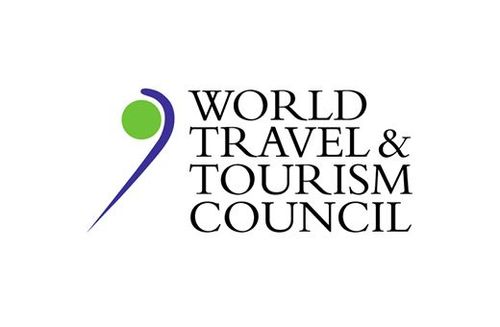Where travel agents earn, learn and save!
News / Germany looks set to lose €38 billion from missing tourists and visitors due to pandemic, says WTTC
€104.1 million a day being lost to the German economy

August 28 - A devastating €38 billion looks set to be lost from the German economy due to the collapse of international travel during 2020, according to latest research conducted by the World Travel & Tourism Council (WTTC).
WTTC, which represents the global Travel & Tourism private sector, says the massive decline in the number of international travellers and tourists visiting Germany due to the COVID-19 pandemic, could result in international visitor spending dropping by a staggering 82%.
This catastrophic loss to the German economy equates to a shortfall of €104.1 million a day, or €729 million a week, to the country’s economy.
This comes in the same week that Germany is expected to announce 14-day quarantine measures for travellers from high-risk countries, replacing its existing testing programme, to signal the end of the summer travel season. As demonstrated by the patchwork of blanket travel-bans in the UK, this will bring further economic misery not only Germany, but the whole of the continent.
WTTC and its Members recently called upon Angela Merkel and the other leaders of the G7 countries, urging for a coordinated approach be taken in leading the recovery response to the crisis.
The harsh impact on the German Travel & Tourism is laid bare by WTTC as the economic fallout from coronavirus continues to burn its way through the sector. Nearly 4.6 million jobs in Germany supported by Travel & Tourism are at risk of being lost in a ‘worst case’ scenario mapped out by WTTC economic modelling.
According to WTTC’s 2020 Economic Impact Report, during 2019, Travel & Tourism was responsible for 5.7 million jobs in Germany, or 12.5% of the country’s total workforce. It also generated €310.9 billion GDP, or 9% to the German economy.
WTTC analysis of international travel spending in Germany during 2019 reveals it reached €47 billion, accounting for 14% of the total tourism spend in the country. Domestic travel spending last year was responsible for the other 86%.
A further breakdown reveals how crucial spending from international travellers during 2019 was to the German economy. Every month it accounted for €3.9 billion or €901 million a week – and €128.8 million a day.
Between 2016 and 2018, the largest inbound source markets to Germany were travellers from the Netherlands and Switzerland, accounting for 12% and 9% of all international arrivals respectively, with the US and UK both coming in third with 7%, and Austria in fourth place with 5%.
Data for 2018, which is the most up-to-date available, shows how Berlin is particularly dependent on international visitor spending compared to Germany as a whole. It accounted for 44% of all tourism spending in the city, with domestic tourists making up the remaining 56%.
The UK was the most important source market for the city with 11% of arriving visitors, with the US in second place with 8% of arrivals, Spain in third place with 6% of arrivals, and Italy in fourth position with 6%.
The loss of this international visitor spending could have a profound long-term impact on Germany’s capital for years to come.
According to WTTC’s 2020 Economic Impact Report, during 2019, Travel & Tourism was responsible for one in 10 jobs (330 million total), making a 10.3% contribution to global GDP and generating one in four of all new jobs.
More Travel News:
COVID-19 and Transforming Tourism
WestJet reinforces commitment to safety with zero-tolerance mask policy
Bahamas Ministry of Tourism & Aviation statement on updated COVID-19 measures
Hawaii delays pre-travel testing program until October 1











